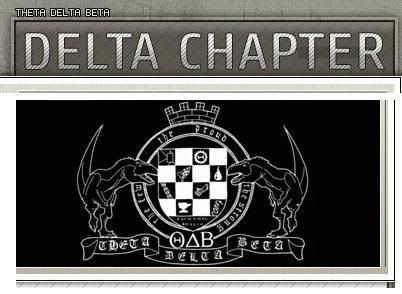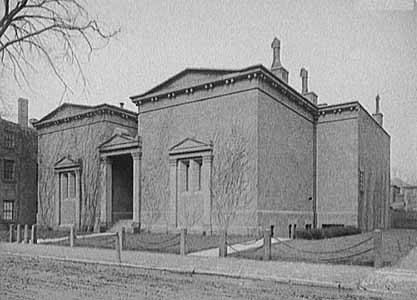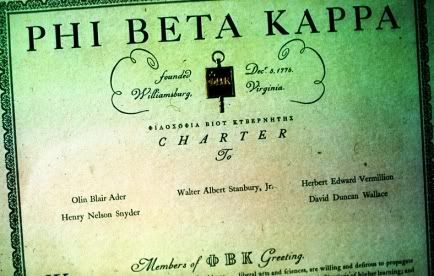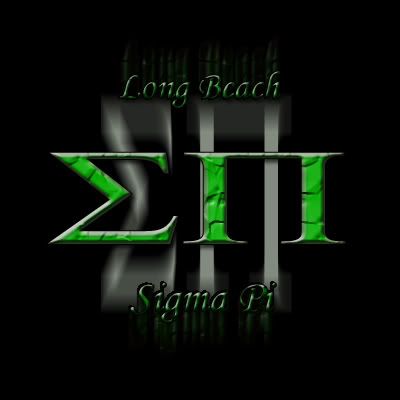
photo taken from TDB's website
Long Beach may be far from any Skull and Bones organization, but there are fraternities on campus not recognized as official chapters of the school, technically making them "underground."
Theta Delta Beta, a non-recognized organization, was founded in 1990 in Irvine within a group of close group of friends. It consists of mainly Filipino members and has expanded to include four chapters in UCI, UCLA, Cal State Fullerton, and most recently, Cal State Long Beach in 2002.
TDB members refer to themselves as "The Dark Boyz," making reference of their darker skin.
Interestingly enough, the Philippines is one of the very few countries besides the United States that has active Greek organizations with Greek letters.
TDB hopes to expand on CSULB with more members.








